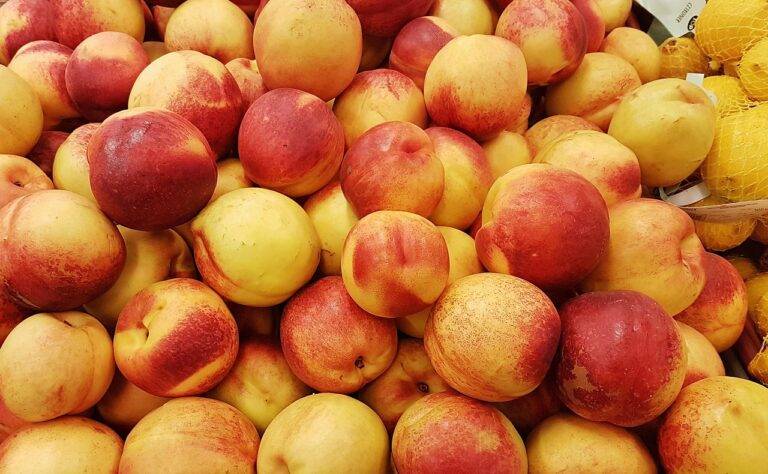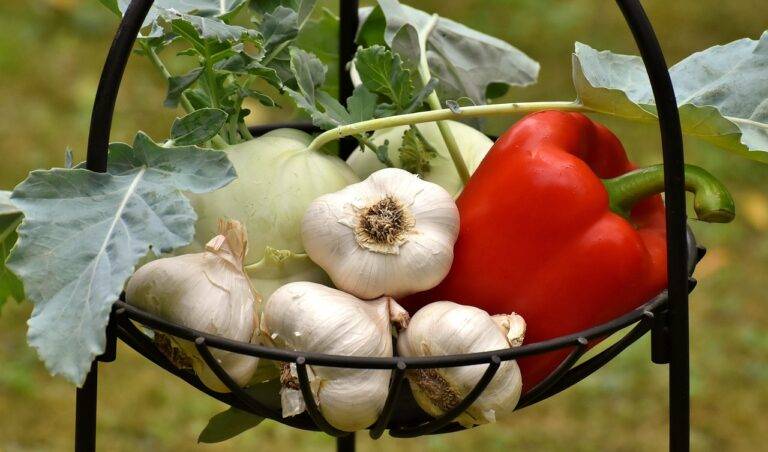Farm-to-Table Movement: Promoting Local Agriculture and Sustainability
Supporting local farmers not only helps the local economy thrive but also ensures that you are getting fresh and high-quality produce. By buying locally grown food, you are reducing the carbon footprint associated with transportation and supporting sustainable farming practices. This direct connection between consumers and farmers fosters a sense of community and transparency in the food system.
Additionally, buying from local farmers often means that you are getting fruits and vegetables that are in season, meaning they are at their peak in terms of taste and nutrients. When you support local farmers, you are investing in the preservation of farmland, promoting biodiversity, and preserving traditional farming methods. Overall, choosing to buy from local farmers benefits not only your health but also the environment and the local community.
Understanding the Importance of Sustainable Agriculture
Sustainable agriculture plays a vital role in safeguarding our environment and preserving natural resources for future generations. By focusing on practices that promote soil health, water conservation, and biodiversity, sustainable agriculture helps to maintain the delicate balance of our ecosystems. This approach not only ensures long-term food security but also reduces the reliance on harmful chemicals and pesticides that can harm the environment.
Furthermore, sustainable agriculture empowers local farmers by providing them with the tools and knowledge needed to enhance productivity in a way that is both economically and environmentally sustainable. By promoting practices such as crop rotation, cover cropping, and integrated pest management, sustainable agriculture offers a holistic approach to farming that minimizes negative impacts on the environment while also improving the resilience of agricultural systems in the face of challenges like climate change.
Sustainable agriculture promotes soil health, water conservation, and biodiversity
Reduces reliance on harmful chemicals and pesticides
Ensures long-term food security
Empowers local farmers by enhancing productivity in an economically and environmentally sustainable way
Promotes practices such as crop rotation, cover cropping, and integrated pest management
Minimizes negative impacts on the environment while improving agricultural system resilience
How the Farm-to-Table Movement Impacts the Environment
Farm-to-table movement has gained immense popularity in recent years as consumers are becoming more conscious about the environmental impact of their food choices. By sourcing fresh produce and ingredients from local farmers, this movement reduces the carbon footprint associated with transportation and storage of food items. This direct relationship between farmers and consumers also encourages sustainable farming practices that promote biodiversity and soil health.
Additionally, the farm-to-table movement emphasizes the importance of using organic and seasonal produce, thereby reducing the need for harmful pesticides and chemical fertilizers. This shift towards natural and locally sourced ingredients contributes to a healthier ecosystem by minimizing pollution and supporting wildlife habitats. Overall, the farm-to-table movement plays a vital role in promoting environmental sustainability and fostering a closer connection between people and the food they consume.
What are the benefits of supporting local farmers?
Supporting local farmers helps reduce the carbon footprint associated with transporting food long distances, promotes biodiversity, and boosts the local economy.
Why is sustainable agriculture important?
Sustainable agriculture practices help preserve the environment by reducing pollution, conserving water and soil, and promoting healthy ecosystems for plants and wildlife.
How does the farm-to-table movement impact the environment?
The farm-to-table movement reduces the environmental impact of food production by supporting sustainable farming practices, minimizing food waste, and promoting locally sourced, seasonal ingredients.
Does buying from local farmers really make a difference?
Yes, buying from local farmers directly contributes to a more sustainable food system by reducing the reliance on industrial agriculture, supporting small-scale producers, and fostering a stronger connection between consumers and their food sources.







